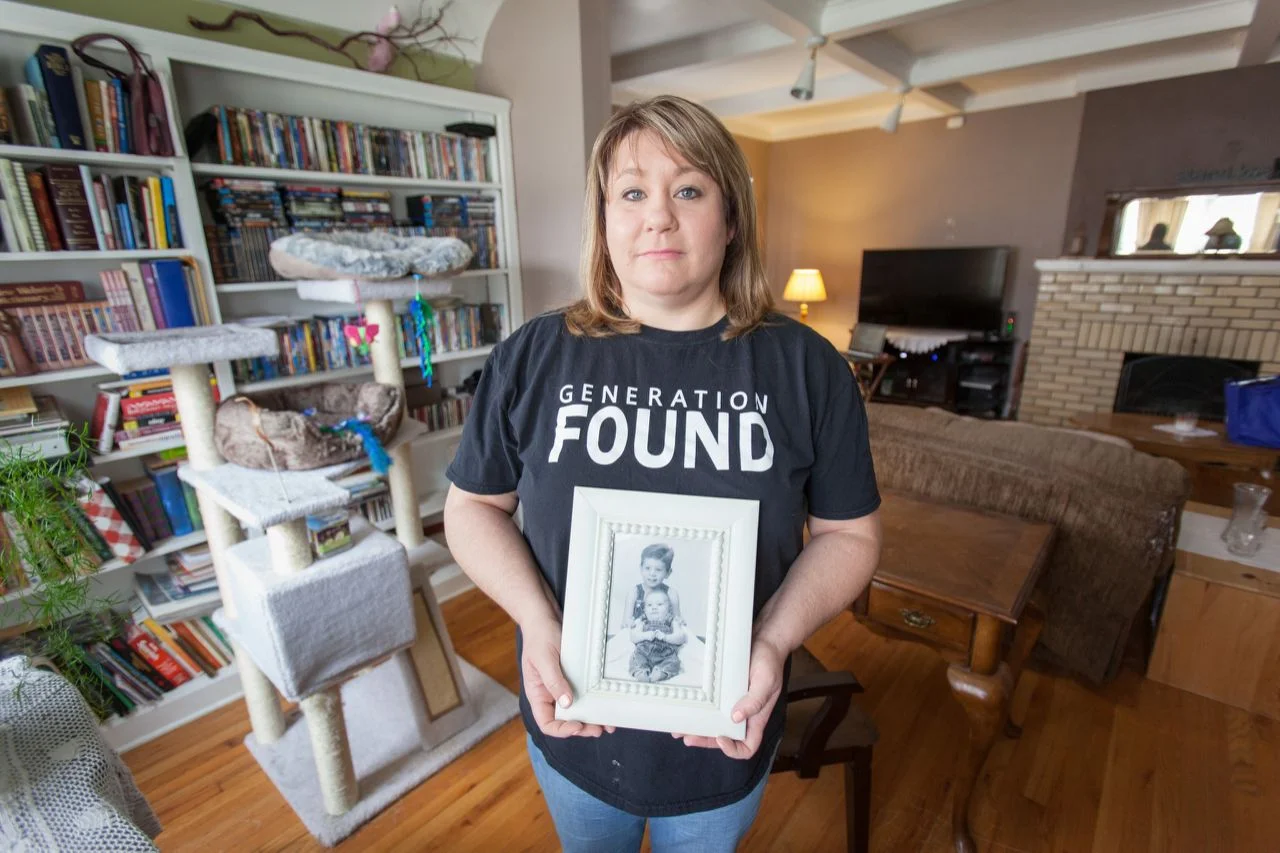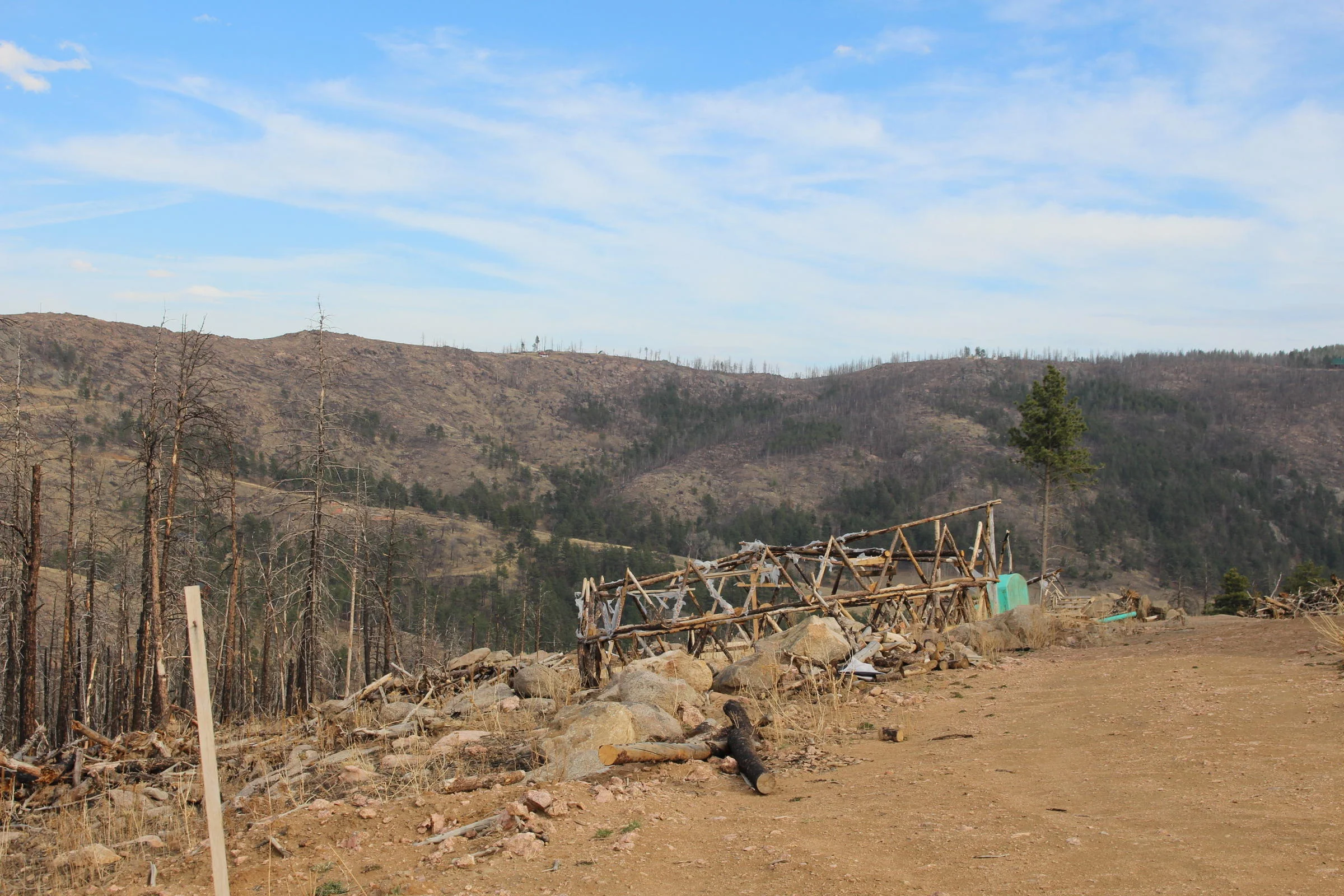While serving on Gov. John Hickenlooper’s task force to implement Amendment 64, I quickly learned that we were changing more than our laws, we were engaged in a huge paradigm shift which was the creation of what would be a new marijuana culture. To this day, Colorado law enforcement struggles with the litany of conflicts created by “legal marijuana.”
Read MoreStay in the know with the latest on our fight against the legalization of marijuana
Have an article that you would like us to post? Share it on our Facebook page!
Don't Let Anyone Tell You Youth Marijuana Use Hasn't Gone Up in States Like Colorado
/Despite claims to the contrary by Colorado Governor John Hickenlooper, and other officials, the nation's only representative sample of people in U.S households released special Colorado state data finding increases in marijuana use.
Colorado past-month marijuana use among 12-to-17 year-olds saw a significant increase, from 9.82% to 12.56%, according to the most recent year-by-year comparison looking at pre-legalization data.
The National Survey on Drug Use and Health data also found that Colorado teens and adults use marijuana at a higher rate than the rest of the country. Colorado legalized marijuana in 2012 and implemented legal marijuana stores in 2014. At the same time, the sales of alcohol shows a slight increase.
Read MoreThis Is Your Teenager's Brain on Pot→
/Liz, now 18, who started smoking weed regularly at the age of 12 as a coping mechanism, as she puts it, for the upset she felt around her parents’ divorce.
“At first I kind of just felt, like, very… relaxed, spacey,” she says. “After a while, after I started using day after day, I kind of just felt more lethargic. No motivation for anything. Very apathetic. And I felt, like, a lot of paranoia along with that.” By her early teens, Liz had developed a pot habit — not to mention an eating disorder and a self-harming problem — severe enough to land her in a residential treatment program, the Newport Academy.
“I realized that I had a problem with marijuana when I found that I couldn’t be comfortable when I was sober,” she tells Yahoo, adding that the softening marijuana laws across the country are sending what feels to her like “a mixed message” about the safety of weed.
Read MoreTeens tend to think marijuana use is no big deal, but they’re wrong.→
/While teenagers might be binge-drinking less and having less sex than the previous generation did, marijuana use among teens, which had declined from the late 1990s through the mid-to-late 2000s, is on the rise again. This is a problem because, despite our culture’s increasingly casual attitudes toward pot, research suggests that marijuana use can damage the developing teen brain.
If kids are behaving more conservatively than their parents did as teens and engaging in fewer risky or harmful activities, why are they smoking more pot? Why do 60 percent of high school seniors say they think marijuana is safe? And why are more of them using marijuana than smoking cigarettes or drinking? How have our kids gotten the idea that pot is no big deal?
Read MoreMarijuana and the Heart
/Public opinion of marijuana has improved greatly with more then half of states now having the drug legalized in some fashion. This sudden swing in favorability is matched by the growing erroneous belief of the public that marijuana is relatively benign, especially compared to currently legal substances. This is effective yet extremely flawed logic that greatly hinders the spreading of actual scientific evidence on the dangers of pot. One such dangers is the increased risk of heart attack. We have curated some stories and studies on this danger which you can find below.
Read MoreMarijuana abuse linked to increased MI risk→
/Washington – Marijuana abuse was independently associated with an eye-opening doubled risk of acute MI in a large, retrospective, age-matched cohort study, Ahmad Tarek Chami, MD, reported at the annual meeting of the American College of Cardiology.
Read MoreIn Colorado, It's Still The Wild West For Home-Grown Marijuana→
/Since 2014, when Colorado’s legal, recreational marijuana sales began, Rist Canyon residents say they’ve seen the arrival of a handful of new neighbors. These newcomers buy a plot of land, and rather than build a house and move in, they put up greenhouses or start planting marijuana right in the ground.
Read MoreNew report by National Families in Action rips the veil off the Medical Marijuana Industry
/The NFIA study, Tracking the Money That’s Legalizing Marijuana and Why It Matters, exposes, for the first time, the money trail behind the marijuana legalization effort during a 13-year period. The report lays bare the strategy to use medical marijuana as a runway to legalized recreational pot, describing how financier George Soros, insurance magnate Peter Lewis, and for-profit education baron John Sperling (and groups they and their families fund) systematically chipped away at resistance to marijuana while denying that full legalization was their goal.
Read MoreDon’t let Big Marijuana prioritize profits over public safety
/Simply put, the current fragmented patchwork of laws governing marijuana in states is unsustainable. Despite the oft-repeated refrain that marijuana enforcement is an issue of “states’ rights,” the consequences of legalization are not confined by geographic borders. Since Colorado legalized, marijuana has streamed into neighboring states and emboldened drug trafficking organizations there. In fact, in Nebraska and Oklahoma, the inflow of marijuana trafficking has been so dramatic that the states sued Colorado. Interstate drug tourism is thriving, with companies in states with legal pot advertising across state lines and online.
Read MoreIt’s not ‘just’ marijuana
/That father wanted something I could not give him, beyond a hug and shared tears, and consideration for his agony. He wanted the moment back. The earlier moment. He wanted his son back.
That was almost 20 years ago. The nation had lost 14,000 kids to overdoses that year. Congress wrote and passed the Drug Free Communities Act of 1997, Mental Health Parity Act of 1996, the National Youth Anti-Drug Media Campaign, and federal anti-drug trafficking laws, including against trafficking marijuana. And drug abuse went down — markedly.
Read MoreCountering the Threat of Legalized Marijuana: A Blueprint for Federal, Community, and Private Action
/Recent reporting indicates that the Federal government will be taking a more serious approach to the marijuana threat and the enforcement of our nation’s drug laws. This is a welcome and long-overdue development, as the state-level legalization of marijuana is bringing with it significant and foreseeable costs. Decades of experience have taught us the damage that accompanies drug use; embarking on a legalization course that assuredly leads to higher levels of prevalence will increase the damage greatly as use broadens and intensifies.
Read MoreWhite House: Feds will step up marijuana law enforcement
/CALM is encouraged by the announcement by Sean Spicer that the new administration is going to take a look at the issues related to marijuana use in America. We are also encouraged by their apparent recognition that the blossoming opioid addiction crisis and drug use at large has a connection to the expansion of marijuana use.
Read MoreAs Colorado Claims Marijuana Legalization Benefits, Questions Arise Over Costs→
/“If people believe marijuana taxes are making Colorado rich, it’s because we’ve only seen half the ledger,” says Dr. Ed Gogek, a Colorado psychiatrist. “When we also consider the costs, legalization is probably a net drain on the state’s budget.”
Read MoreWhat the national drug crisis requires
/Extraordinary times we live in — not least because supposedly responsible people are promoting drug abuse, which everyone knows cascades into addiction, drug-crime, overdoses — that are killing us. So what gives? No one wants to stand up and take responsibility for saying — stop this madness, and fix the crisis. America’s greatness depends on a lot of things — and stopping the rolling, expansive, destructive drug crisis is one
Read MoreNational study finds little proof of pot’s medical benefits→
/Marijuana advocates tout the drug and its compounds as therapeutic for everything from treating glaucoma to stopping nightmares. But a new systematic review of more that 10,700 scientific studies conducted by the National Academies of Science, Engineering, and Medicine found verifiable benefits for only two disorders—chronic pain and the nausea and vomiting caused by chemotherapy.
Read MoreNational Academy of Sciences report finds marijuana use compromises mental, physical health and public safety
/The National Academy of Sciences (NAS), in a landmark report written by top scientists, The Health Effects of Cannabis and Cannabinoids: Current State of Evidence and Recommendations for Research, concluded after a review of over 10,000 peer-reviewed academic articles, that marijuana use is connected to, among other problems:
Read MoreCitizens Push Back Against Big Marijuana
/Calaveras County will see California’s first ever citizen-initiated ordinance banning commercial marijuana activities decided soon by its Board of Supervisors or in a spring special election.
Read MoreWhen the drug crisis hits home
/No one wants to read about drug addiction, abuse, overdose numbers and young death. Why should they? Why should anyone who is steady, healthy and cogent enough to be combing a newspaper, or scanning news on their iPhone care much about someone who — all the world assumes — lost their own future, made avoidable mistakes? Not my lane. Not my worry. Not my world, right? Wrong.
Read MoreClaims about marijuana and pregnancy
/Recently, I was pointed to some “pro-marijuana” websites that essentially claim that smoking cannabis was safe during pregnancy. I was flabbergasted. Marijuana and pregnancy (or while breastfeeding) is a bad combination–it is probably not very safe to the fetus or neonate. That’s very clear.
Read MoreWhy Pot Legalization Isn't A "Freedom Issue"→
/The drug cartels enjoy vast new markets with every legalization vote. Are the drug cartels weaker? To the contrary, they are not only doing amazingly well, they are now happy to satisfy the exploding new demand for heroine.
Read More




















